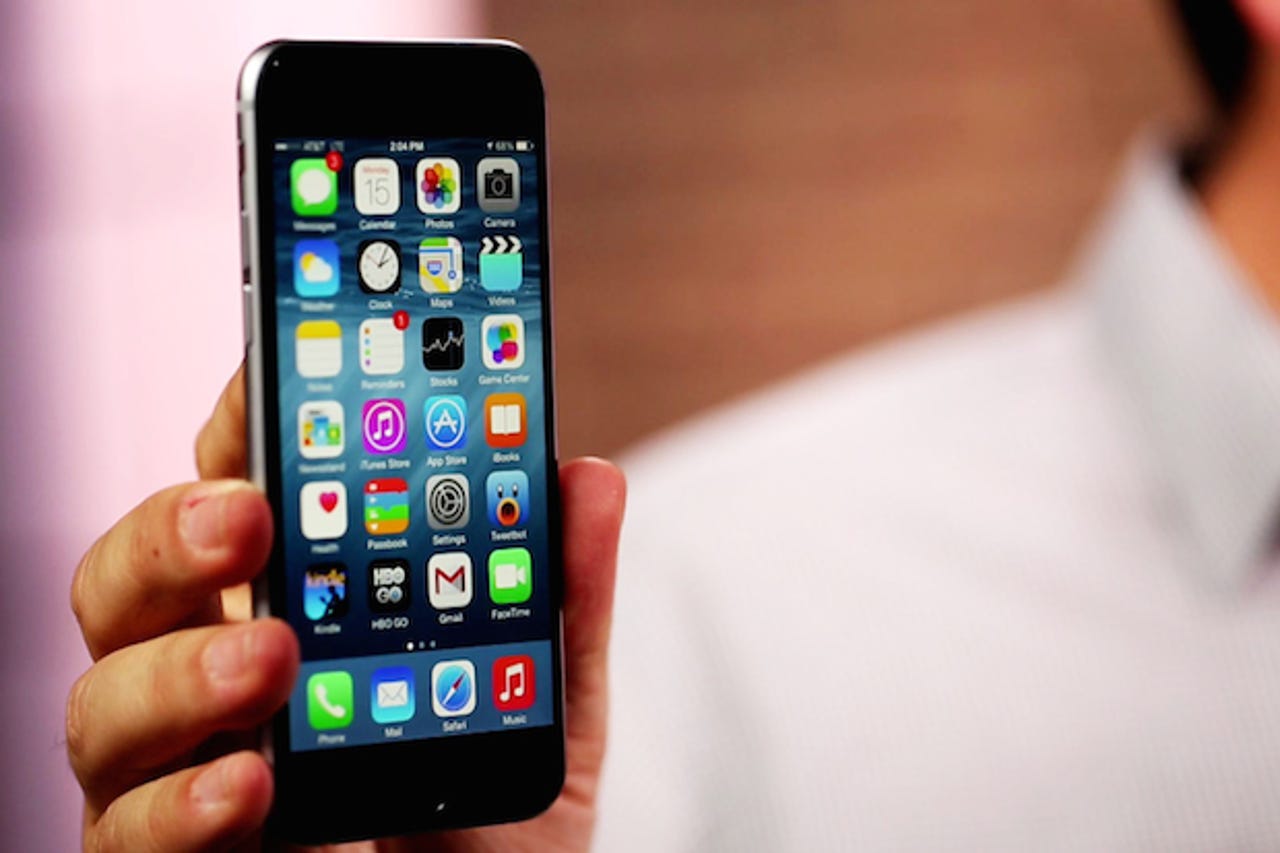Apple doubles-down on security, shuts out law enforcement from accessing iPhones, iPads

If the feds are after your iPhone or iPad, it probably won't be Apple's door they'll be knocking on.
After the PRISM scandal broke, the news threw Apple and other Silicon Valley under the bus over allegations that they knowingly participated in a secret surveillance program.
Read more on iOS 8
But that wasn't the case at all, as the recently released Yahoo documents showed. Yahoo was threatened with bankruptcy if it didn't comply with the U.S. government's data demands, for the first time solidifying the rebuttals from the named nine technology companies that they were not complicit in state surveillance.
Now, Apple is going one step further — adjusting its encryption and security practices, and its privacy policy, in order to prevent law enforcement from cracking open its smartphone and tablet line-up.
Apple's new mobile operating system, iOS 8, which was released on Wednesday, lands with reworked encryption, forcing law enforcement, federal agents, and intelligence agencies to go to the device owner themselves rather than Apple.
The new encryption methods prevent even Apple from accessing even the relatively small amount of data it holds on users.
"Unlike our competitors, Apple cannot bypass your passcode and therefore cannot access this data," the company said in its new privacy policy, updated Wednesday. "So it's not technically feasible for us to respond to government warrants for the extraction of this data from devices in their possession running iOS 8."
There are some caveats, however. For the iCloud data it stores, Apple still has the ability (and the legal responsibility) to turn over data it stores on its own servers, or third-party servers it uses to support the service.
iCloud data can include photos, emails, music, documents, and contacts.
In the wake of the Edward Snowden disclosures, Apple has set itself apart from the rest of the crowd by bolstering its encryption efforts in such a way that makes it impossible for it to decrypt the data.
Apple chief executive Tim Cook said in a recent interview with PBS' Charlie Rose that if the government "laid a subpoena" at its doors, Apple "can't provide" the data.
Featured
He said, bluntly: "We don't have a key. The door is closed."
Although the iPhone and iPad maker was late to the transparency report party, the company has rocketed up the ranks of the civil liberties table.
The Electronic Frontier Foundation's annual reports for 2012 and 2013 showed Apple as having poor privacy practices around user data, gaining just one star out of five each year. In 2014, Apple scored the full five stars — a massive turnaround from two years prior.
In the meantime, Yahoo is bolstering encryption between its datacenters, and recently turned on encryption-by-default on its email service. Microsoft is also encrypting its network traffic amid reports of the National Security Agency's datacenter tapping program. And Google is working hard to crackdown on government spies cracking into its networks and cables.
Privacy and security are, and have been for a while, the pinnacle of tech credibility. And Apple just scored about a billion points on that scale, leaving most of its Silicon Valley partners in the dust.
